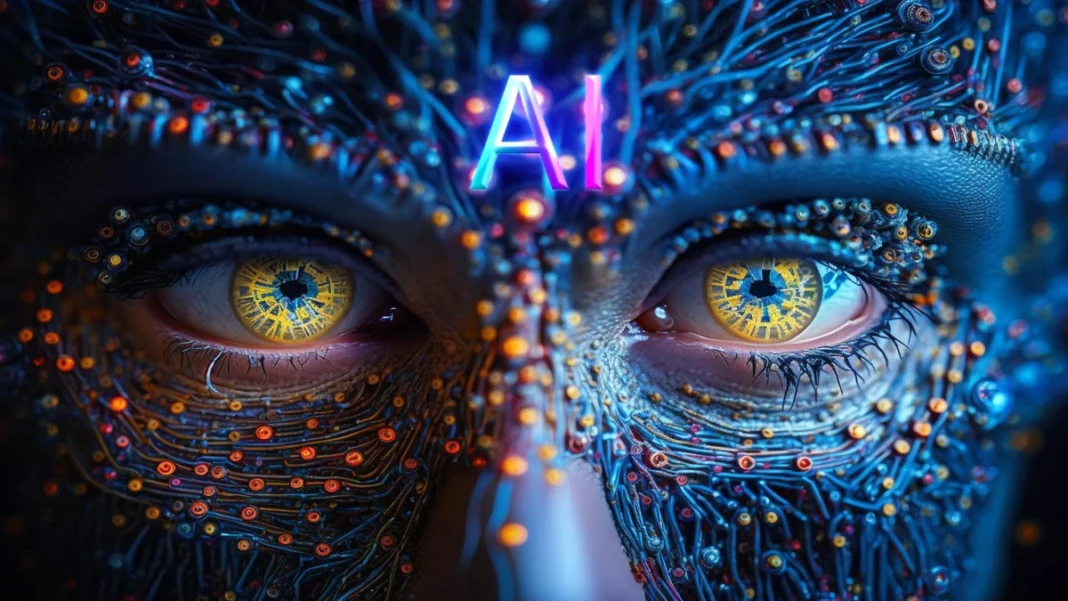Introduction: The Rise of Generative AI in Brand Marketing
In an era where digital technology is king, generative AI is emerging as a game-changer in the realm of brand marketing. This powerful form of artificial intelligence, which focuses on creating content, whether it be text, images, or videos, is transforming how brands engage with their audiences. But what is generative AI, and how is it making such a significant impact? This article delves into the ways generative AI is reshaping the marketing landscape, offering brands innovative tools to enhance their customer engagement and streamline their marketing efforts.
Understanding Generative AI
Before diving into its applications, it’s essential to define what is generative AI. It refers to algorithms that can generate new content based on the patterns and information they learn from existing data. Unlike traditional AI, which analyses input to produce a predetermined output, generative AI uses more complex processes to create original and functional outputs. This capability makes it particularly useful for various aspects of brand marketing.
Use in Content Creation
One of the most significant impacts of generative AI in brand marketing is its role in content creation. Brands can use AI tools to generate written content, graphics, and even video, all tailored to their specific audience’s preferences and behaviours. This speeds up the content creation process and helps maintain a consistent brand voice across all channels.
Automated Copywriting: It can produce compelling ad copy or social media posts within seconds, enabling marketers to focus on strategy and design.
Dynamic Content Personalization: AI algorithms analyse user data to create personalized content that resonates with individual preferences, enhancing engagement and loyalty.
Revolutionizing Customer Interactions
It also plays a crucial role in customer service and engagement, providing personalized experiences at scale. AI-driven chatbots and virtual assistants can handle a wide range of customer queries, offering quick and accurate responses. These tools learn from each interaction to improve their accuracy and effectiveness over time.
Enhanced Customer Support: AI chatbots provide 24/7 customer service, managing inquiries and support tickets with immediate responses.
Interactive Experiences: Brands use generative AI to create interactive marketing campaigns that adapt based on user interactions. It provides a unique and engaging customer journey.
Ethical Considerations and Challenges
While generative AI offers immense potential, it comes with challenges and ethical considerations. The accuracy of AI-generated content can sometimes be questionable. There is a risk of losing the personal touch that human-created content has. Furthermore, issues like data privacy and the ethical use of AI-generated media are increasingly coming to the forefront.
Maintaining Authenticity: Ensuring that AI-generated content aligns with brand values and maintains authenticity is crucial.
Data Privacy: Safeguarding user data used to train AI models is essential to avoid breaches and maintain trust.
Conclusion
As generative AI continues to evolve, its potential to reshape brand marketing grows. By harnessing this technology, brands can create more engaging, personalized, and efficient marketing strategies. It could define the future of brand interaction. The integration of it into marketing saves time and resources. It also opens up new avenues for creativity and innovation. As we move forward, it will be crucial for marketers to stay informed about the advancements in it to leverage its full potential responsibly and effectively.
Also Read: Why is Artificial Intelligence so Sought after and yet so Controversial?


